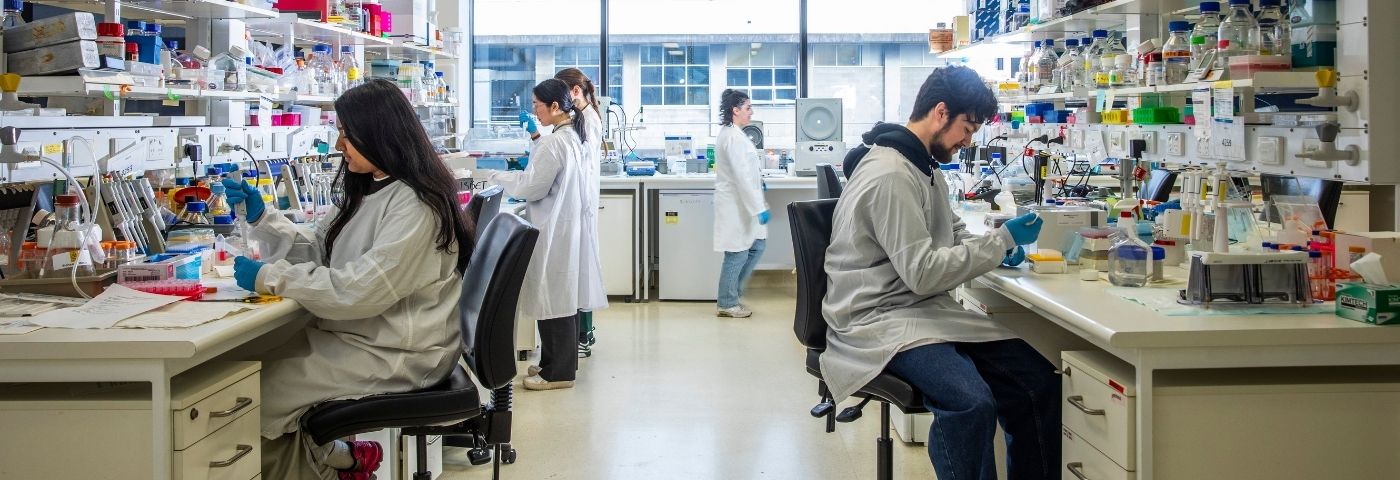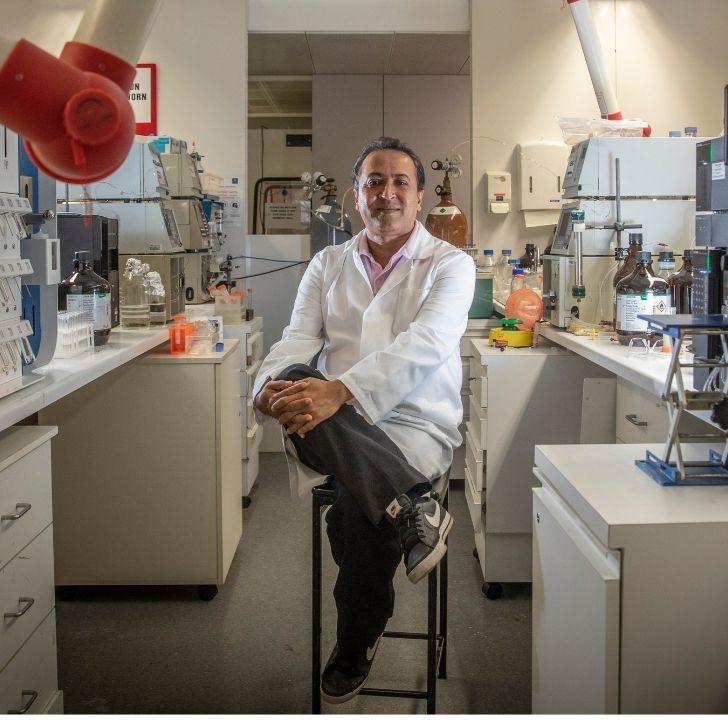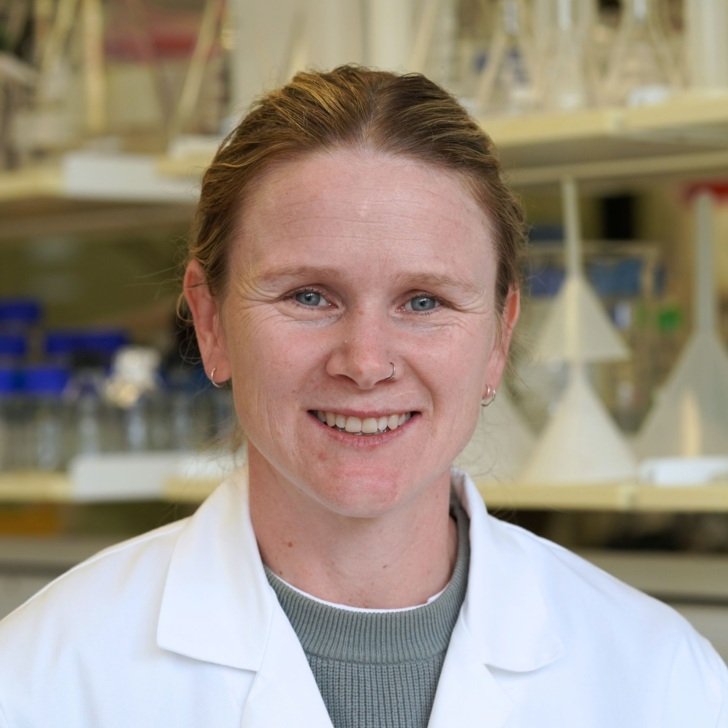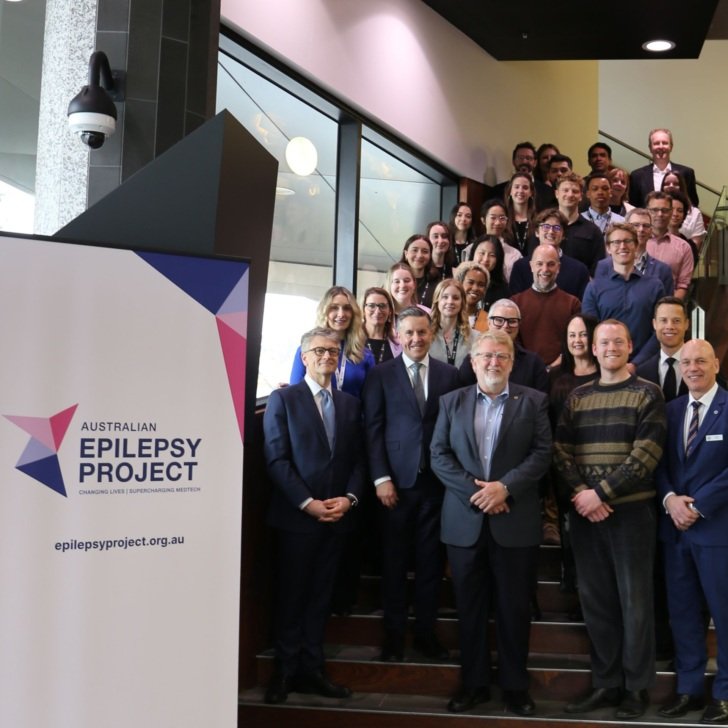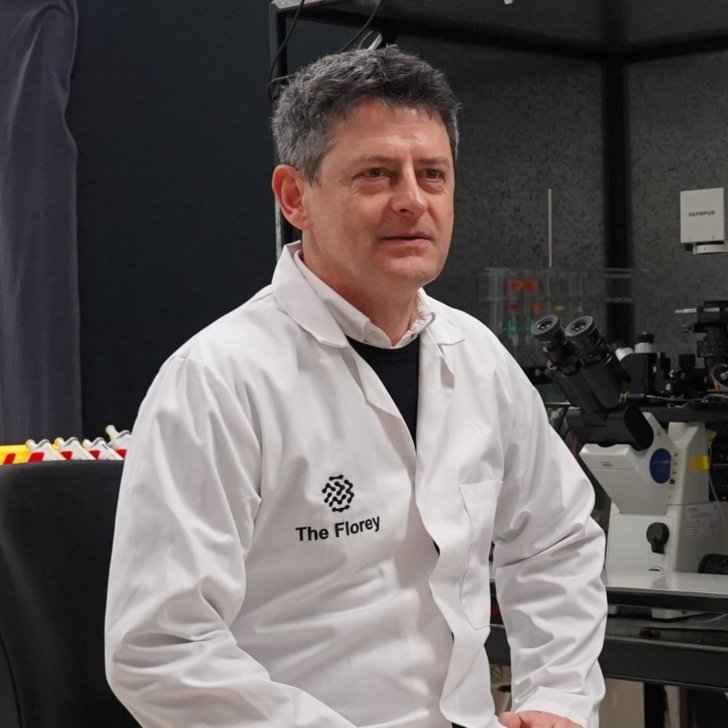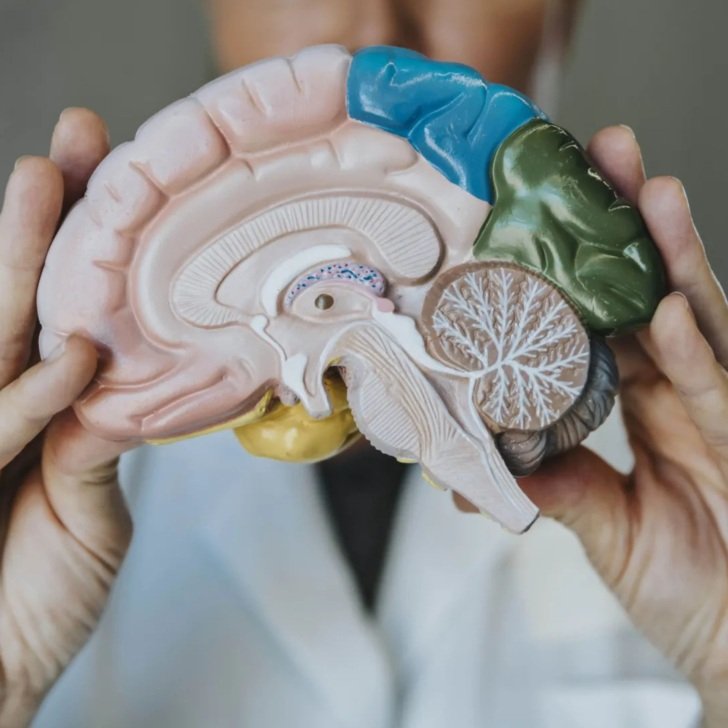- Australian Government funding will support a number of Florey research projects into:
- the role of the hormone relaxin in regulating inflammation
- a peptide to treat constipation
- grafts that could revolutionise Parkinson’s disease treatment
- a small area of brain that regulates the body’s responses to infection or injury.
ARC Linkage Grant: The mechanism of relaxin as a novel glucocorticoid receptor modulator
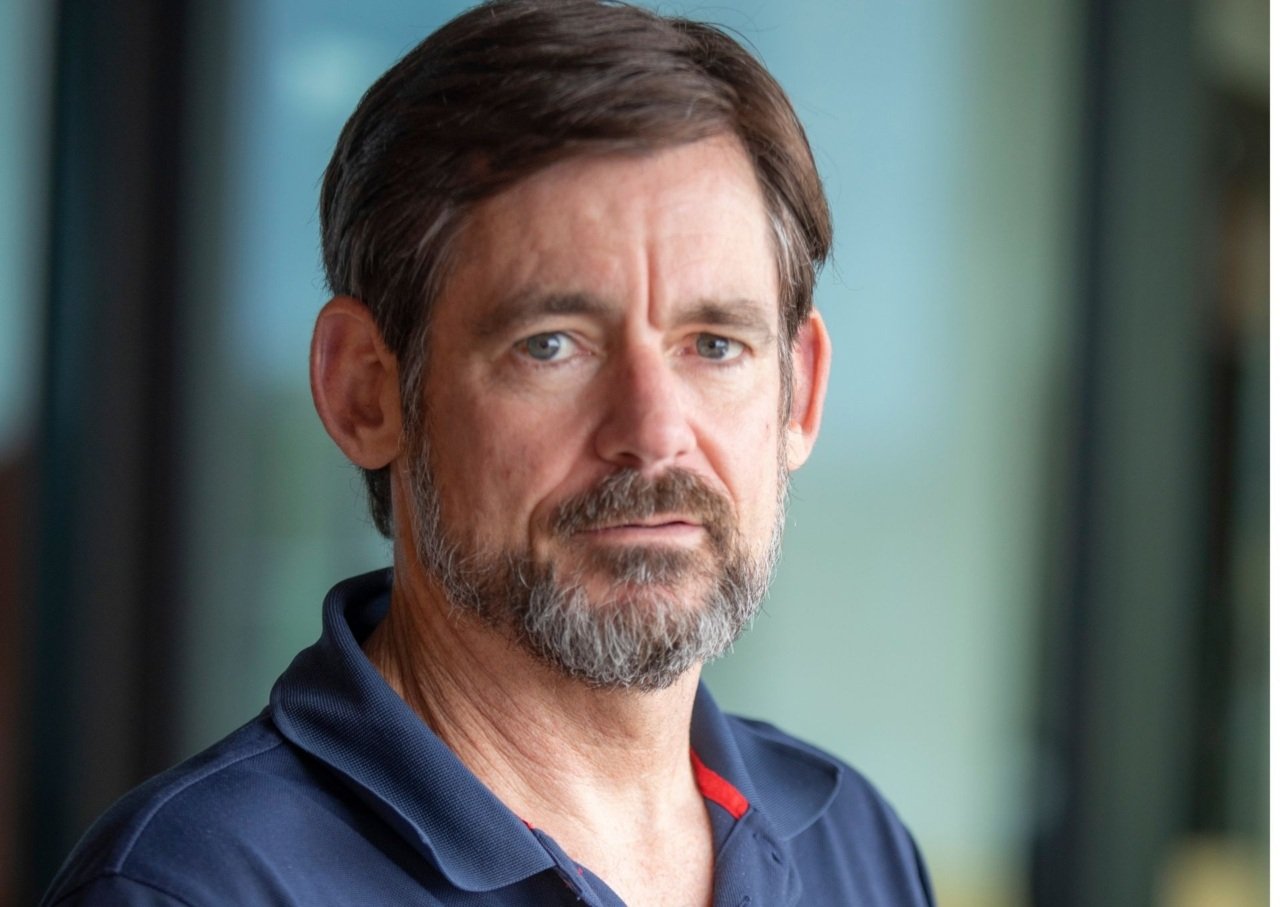
Professor Ross Bathgate will lead a team of scientists, in partnership with the German company Relaxera, seeking to determine how the peptide hormone relaxin binds to and activates a receptor that is a key regulator of inflammation.
“Relaxin is involved in many physiological processes, including birth and cardiovascular function,” Professor Bathgate said.
“It is believed some of relaxin’s key actions are mediated by the glucocorticoid receptor. We have partnered with Relaxera, who are developing relaxin for the treatment of heart failure, to determine how the hormone binds and activates the glucocorticoid receptor and how this differs from its normal response to the stress hormone cortisol.”
Professor Bathgate said the project expects to develop new knowledge on controlling the function of the glucocorticoid receptor and potentially modulating inflammation.
NHMRC Ideas Grant: Modulating a gut hormone to treat constipation

Professor Akhter Hossain will lead a team of researchers to develop a new oral medication to treat serious constipation.
“Chronic constipation is a common gastrointestinal disorder that affects up to a third of older people and children, 80 per cent of people with Parkinson’s disease and 95 per cent of people with a spinal cord injury,” Professor Hossain said. “Despite its prevalence in the community, existing treatments have limited success and some have severe side-effects.”
The team will focus on a gut hormone called insulin-like peptide 5 or INSL5 which promotes bowel movements.
“Modulating INSL5 through a specific peptide receptor called RXFP4 represents a new treatment opportunity. However, INSL5 has a complex structure and is extremely difficult to produce in large quantities, degrades quickly and can’t be taken orally.”
The Florey team will use cutting edge technology to address the problems associated with INSL5 drug development.
“Chronic constipation reduces people’s quality of life and can bring serious health problems. We will develop a stable form of insulin-like peptide 5 that is easily manufactured and can be taken orally to treat the condition.”
NHMRC Ideas Grant: Promoting survival and functional integration of human neural grafts for the treatment of Parkinson’s disease

Dr Niamh Moriarty will lead a project with the potential to transform the treatment of Parkinson’s disease.
“Parkinson’s disease is a debilitating neurodegenerative disorder with no available cure, resulting in an urgent need for new therapies,” Dr Moriarty said. “There is great anticipation among researchers about the use of stem cells to treat this disease. Clinical data proves that neurons implanted into patient brains, can restore connections that are lost in the disease, and these new cells survive for decades.”
Dr Moriarty’s work focuses on the use of human pluripotent stem cells (hPSC) to make neurons suitable for transplantation. However, a challenge is the suboptimal survival and connectivity of these transplants.
Dr Moriarty will use rodent models to study Parkinson’s disease to determine whether the survival and function of neural grafts can be improved by increasing blood flow to the transplant, exposing rodents to exercise and mental stimulation as well as providing targeted growth factor support.
“Our work will also for the first time determine whether these neural grafts can also improve the cognitive deficits experienced by patients with Parkinson’s disease. Our goal is to create the next generation of cell therapies to improve outcomes for the 8.5 million people with Parkinson’s disease globally.”
NHMRC Ideas Grant: Mapping a small brain region that regulates our defences

Professor Robin McAllen will lead a team to map the brainstem and sympathetic nerve pathways that control the body’s inflammatory responses to infection or injury.
“We aim to identify the nerve pathways and processes that regulate the strength of innate immune responses,” Professor McAllen said. “We’ve already made important discoveries in this area, and we believe that working out this pathway is key to understanding how the body’s nervous and immune systems act together to fight infection.”
Professor McAllen’s project aims to trace the anti-inflammatory pathway from its origins within the lower part of the brain, through a special subset of splanchnic sympathetic nerves, all the way to the cells that drive host defences against infection and injury.
Florey Executive Director and CEO, Professor Peter van Wijngaarden, welcomed the new funding, awarded through highly-competitive Australia-wide grant application process.
“Our researchers are dedicated to expanding our knowledge of conditions that affect millions of people globally. Our goal is to find treatments and cures for those conditions. We are grateful for the generous support of the Australian Government in enabling this research.”
